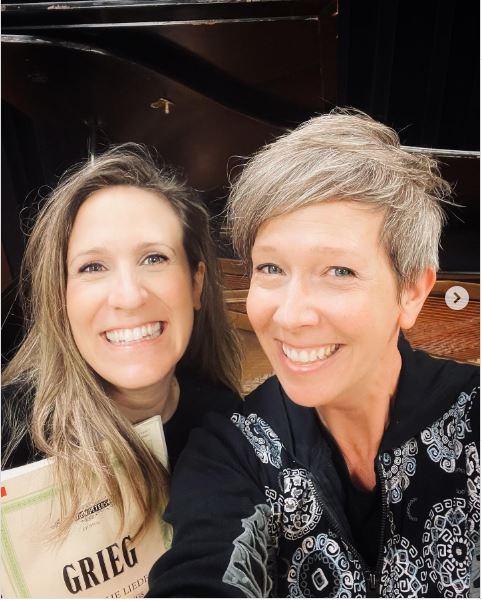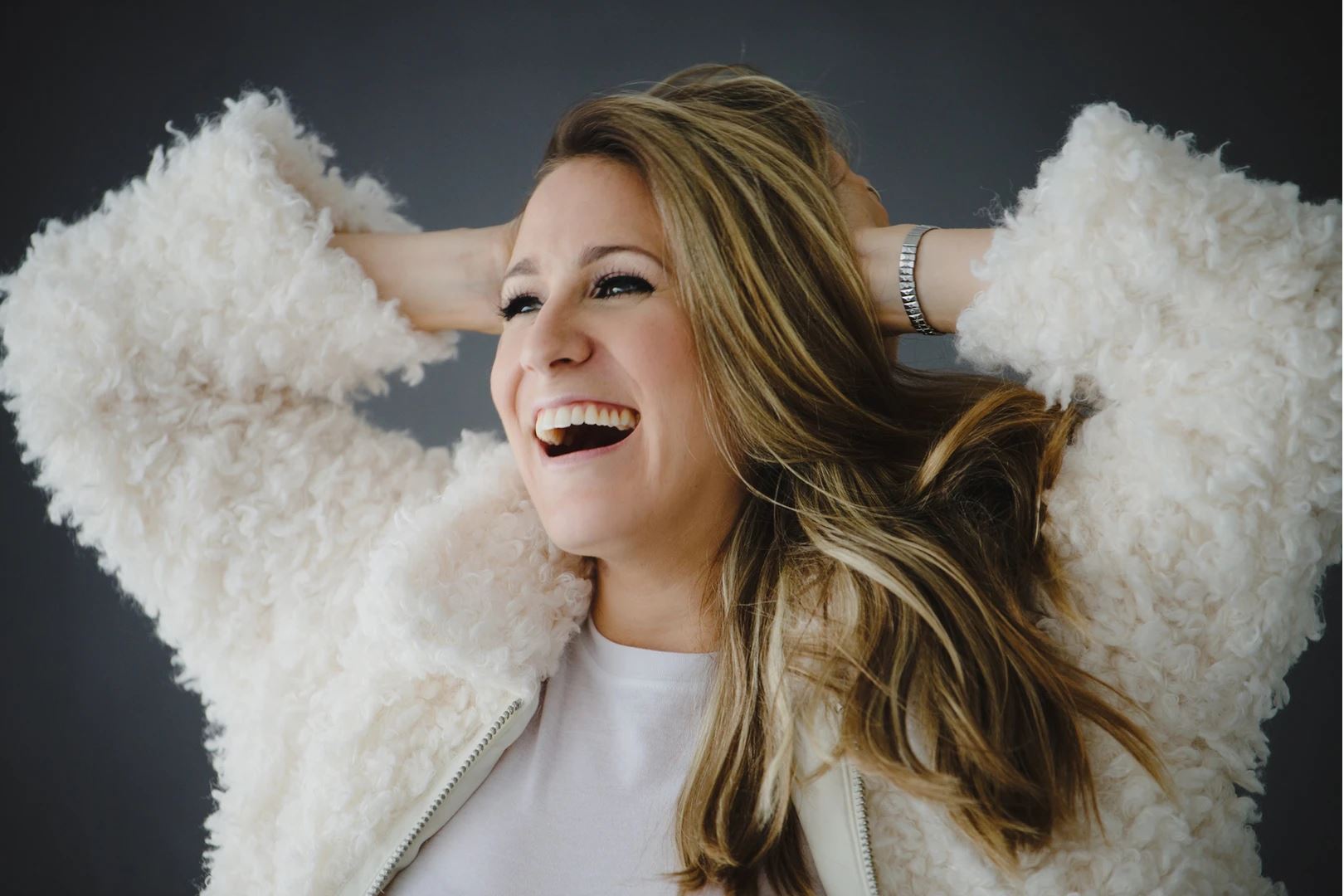
Canadian soprano Hélène Brunet is hailed by the critics as “a singer of tremendous quality” with “a voice of perfect beauty” and “sincere expression.” Recognized for her interpretations of the works of Bach, Handel, and Mozart, her repertoire extends from the baroque period to the music of the 20th and 21st centuries.
Though Hélène is no stranger to Tafelmusik, her upcoming engagement as a soloist in Bach Christmas Oratorio on November 22, 23, and 24 marks her mainstage debut with the orchestra.
We asked Hélène about her Tafelmusik memories, her wide-ranging vocal influences, and the exhilarating experience of winning a JUNO award for her first solo recording.
How did vocal music first enter your life?
Growing up, we listened to a lot of music of different genres at home. As a child, I sang and hummed constantly. I was very much in my own little world. I was shy, but I knew that somehow I’d become a singer one day, and that would eventually require me to take voice lessons. When I was 13 years old, my family and I left my hometown of Québec City and moved to London, Ontario, and this is when things totally shifted in my young life. In high school I joined a choir, and we also had voice lessons as a group, which was really a lot of fun. It was a safe place for students. For our solos, we sang some Broadway tunes, some jazz and pop, and even some Fauré—the very first classical composer I ever sang. And that wasn’t enough, so I also took private voice lessons at the conservatory.
In the past you have described growing up in a home that was alive with every type of music—jazz, pop, blues, soul, film scores, etc. Has this musical diversity influenced the way you approach your work as a soprano, and if yes, how?
My goodness yes, it has ABSOLUTELY influenced my singing as a classical soprano. It has in fact directly impacted me as a musician. At home, we listened to Oleta Adams, Queen, Pavarotti, Annie Lennox, Ray Charles, Maria Callas, Georges Michael, Diana Krall, and Sting, to name a few. Honestly, my true teachers in the 90s were Céline Dion and Mariah Carey! I spent so much time just standing in my bedroom, singing along to entire albums of theirs on cassette tape. I remember being very attentive to the way they moved their voices and executed all of those nuances. In a way I was already “practising.” I was definitely learning. I loved replicating their exact phrasing and shaping. They taught me agility and dynamics, so it’s no accident that I love singing baroque repertoire so much.

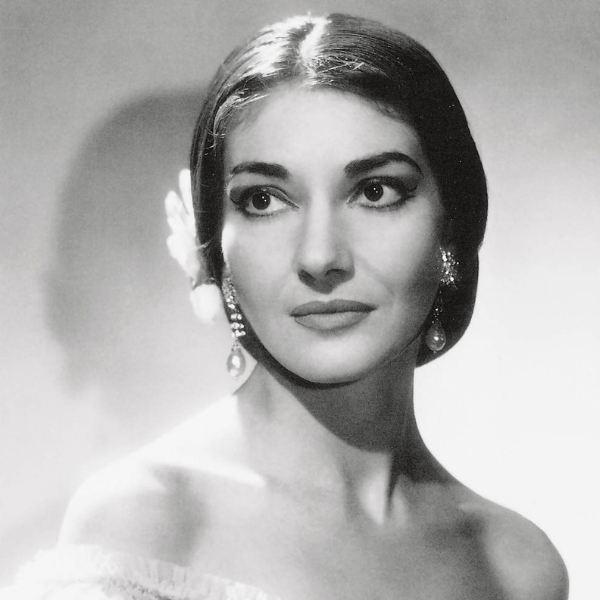

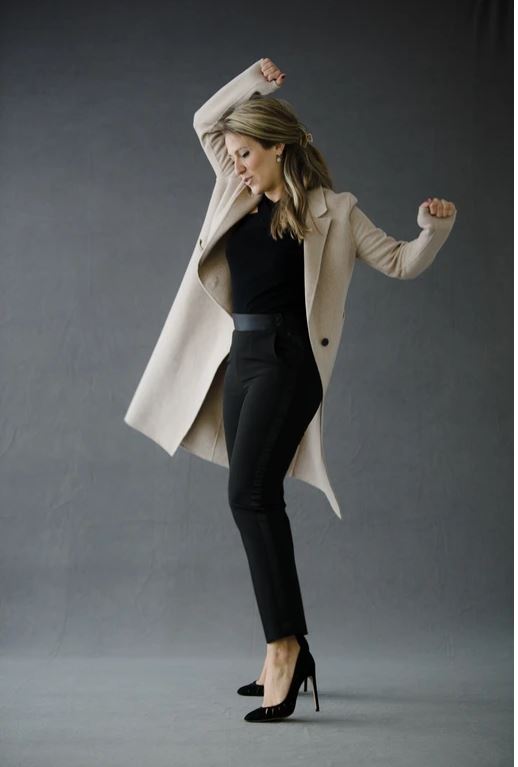
In a nutshell, one could say that pop and baroque are linked by many similar components and qualities. Both genres can be sung with so much passion, fireworks, or sometimes subtle nuances. Singing baroque music, even Bach, allows for a lot of freedom. Baroque music is like a playground where you get to jump around, twist, turn, somersault, slide, breakdance! It’s all very invigorating.
As a past participant in the Tafelmusik Baroque Summer Institute (TBSI), what do you remember most about the experience?
TBSI was very impactful for me as a young singer. Over the course of two weeks, we spent quality time learning so much from our teachers. This was the first time that I connected with Tafelmusik and visited the great city of Toronto, which later became my home for about a decade. To this day I still remember Ivars Taurins’ fascinating lecture on European baroque art.
During the read-through of Bach’s St Matthew Passion, I remember looking around to see if one of the mezzo-sopranos would stand up to sing the alto aria Erbarme dich. My heart was pounding, I wanted to sing it so badly. Being a soprano, I knew this was the only chance I would get to sing the aria with orchestra! And so when no one rose to the occasion, I jumped in! I enjoyed every note. I also fondly remember Ivars’ vocal ensemble class. A few months after TBSI, Ivars invited me to join the Tafelmusik Chamber Choir for performances of Handel’s Messiah, my first time ever as a chorister! Lots of notes! Those experiences are truly engraved in my memory.
Have you performed Bach’s magnificent Christmas Oratorio before (as a soloist or a chorister), and if so, what’s your favourite moment in the work?
My first time singing Bach’s Christmas Oratorio was as a soloist in Montréal when I was 27 years old, with Orchestre Métropolitain and conductor Yannick Nézet-Séguin. Bach is one of the top three composers who bring me the most joy, so when I’m lucky enough to perform his works, I like to revel in the overall beauty of the music. I will say that the aria “Schlafe, mein Liebster” is a particularly delightful and gorgeous moment in the Christmas Oratorio. Alas, again … a mezzo-soprano aria!
You’ve sung as a member of the Tafelmusik Chamber Choir on a few occasions. What was it like to work with choir director Ivars Taurins?
A few words come immediately to mind! Style, loads of fun, buckets of highly imaginative analogies, precision, energy, and an obvious deep love for his craft. It’s always such a joy to work with Ivars and to witness the way that he treats every musical phrase with such care and detail. Every time I’ve performed with him, I’ve thought that the best seats are in fact the ones that are on stage.
How did it feel when you first heard the news that you had won a 2022 JUNO award for Solfeggio, your first solo recording?
When I first heard the news, I was packing my suitcase prior to my final performance of the Mozart Requiem with the Calgary Philharmonic (where baritone Jesse Blumberg, who is making his Tafelmusik debut next month, was also a soloist! So nice to share these moments with friends!). I was sad that the timing of things didn’t allow me to attend the JUNO award ceremony in person. It was taking place in Toronto, where I had spent long hours at home working on the album edits during the first COVID lockdown. It would have felt like a full-circle moment to accept this huge honour in person!
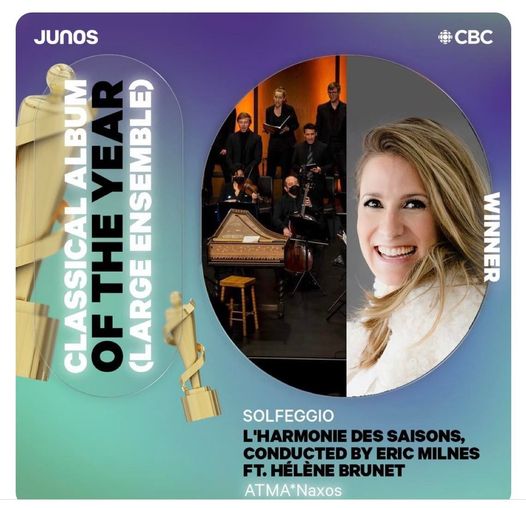
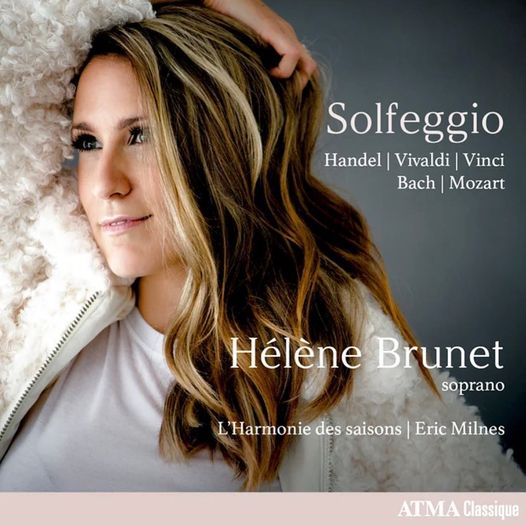
So in Calgary that day, I didn’t account for the time difference and hadn’t realized the event had already started streaming online. My phone started buzzing with text messages from my mom. It definitely felt like something was up! I called her and she was the one who broke the news to me. It was a sweet moment we shared. I was in total shock with disbelief. Initially, this project started off as a demo recording until I applied for a few grants and got the ATMA Classique label on board. Receiving a nomination was already an incredible honour. I could not have imagined my dream project to unfold from demo to JUNO! I’m so proud of it.
If you were not a singer, what would you be doing now?
I think something creative, definitely. I’ve always wanted to write a children’s book. Why not do both, sing and write?!
Any upcoming projects that you would like to share?
I’m very excited about my next recording project with ATMA Classique coming up next year. I’ll be recording a selection of melodies and Lieder with my dear friend and pianist Valerie Dueck. Again, another dream project. There will be a few surprises on the album and I really look forward to sharing it. We hope our concept makes it unique and interesting for our audiences. Stay tuned!
